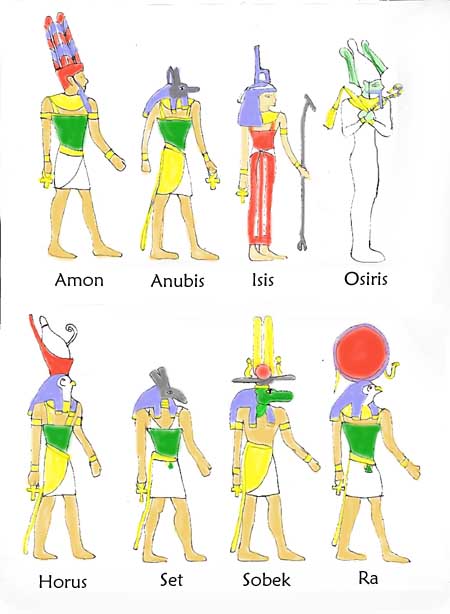History Presentation:
How Nature affected History
Anny Shin (class 25)
Table of Contents:
- nature
- harms of nature
- help from nature
- how nature affects history
- pictures
- glossary
- references
What is nature?:
Nature : all the animals, plants, and other things in the world that are not made by people, and all the events are processes that are not caused by people
Types of Nature:
1 Earth
- Geology
2 Atmosphere, climate, and weather
3 Water on Earth
- Oceans
- Lakes
- Rivers
4 Ecosystems
5 Life
- Evolution
- Microbes
- Plants and animals
6 Matter and energy
7 Outer space
Harms of Nature:
- Harsh weathers (ex. Tsunamis, earthquakes, typhoon, flooding, lightening)
- Natural disasters (ex. Global warming, ice-age, drought)
- Spreads deadly epidemic diseases (ex. Chicken-fox, cholera, flu)
Helps from nature:
- Provides food, water, shelter, and society
- Create living things (ex. Animals, humans, plants)
- Materials to make weapons, armors, or essentials (ex. Housings, clothing)
- ‘transportation’ (ex. Horses, cows)
(ex. Rivers, lakes, seas, or oceans to move to other places)
How nature affects history:
- Wars
Weather + climate really had huge parts during war (ex. Rain)
Nation who used their nature more efficiently mainly won the war (ex. Horses. Armors, weapons, food, climate, geography)
- Society
Different people who live in different regions with their own unique style of nature, they often find the most suitable way to keep their society
- Life of people
Island : somewhat more aware of wars = impatient
Land : try to fight more lands for more slaves = a sense of discrimination
- Myths
Egypt : anything that matters to their lives = god\goddesses
- Keeping history
Poor conditions of climate = less possibility that the record of history is going to be kept safely
Glossary:
- Geology : the science and study of the solid Earth and the processes by which it is shaped and changed
- Climate : weather averaged over a long period of time
- Ecosystems : a biological environment consisting of all the organisms living in a particular area, as well as the nonliving, physical components of the environment
- Evolution : the change over time in the proportion of individual organisms differing in one or more inherited traits
- Microbes : an organism that is unicellular or lives in a colony of cellular organism
- Epidemic : diseases that are contagious
- Essentials : things that are needed in life
Pictures:

<present>

<past>

<Egypt Gods>
References:
Primary Source : -The Histories by Herodotus, Penguin Classics (2003 revised)
-The Iliad by Homer, Penguin Classics (1991)
No comments:
Post a Comment